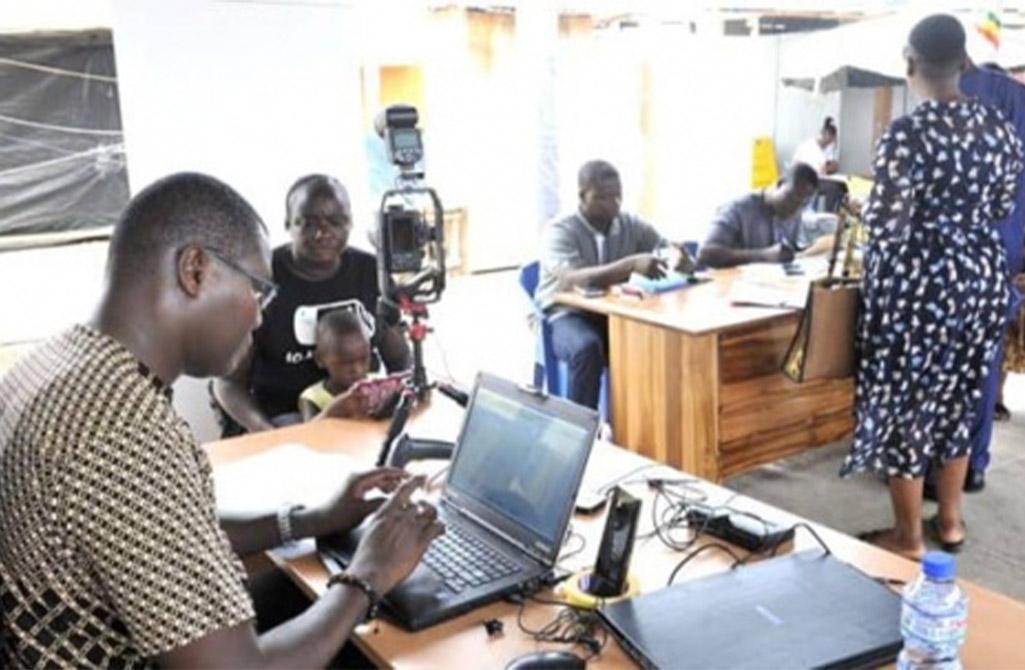Togo launches Initiative to Empower Women Entrepreneurs through National ID card campaign

The Togolese government is intensifying its efforts to promote economic and administrative inclusion for women entrepreneurs. On Tuesday, March 11, 2025, a special operation to issue national identity cards was launched at the Adawlato market in Lomé. This initiative aims to simplify access to this essential document for female traders, who often face administrative hurdles.
Organized by the Ministry of Security and Civil Protection in collaboration with the Public Autonomous Establishment for the Management of Lomé Markets (EPAM), this campaign adopts a community-focused approach.
It specifically targets women working in the informal sector, who frequently encounter challenges in obtaining identification documents.
According to Somialo Potcholi-Kadja, Director General of EPAM, this initiative reduces the processing time to 48 hours, compared to the usual 15 days.
Beyond facilitating access to administrative documents, this effort also aims to enhance women’s access to banking services and their participation in formal economic activities. Possessing a national identity card is often a prerequisite for accessing financial services, business opportunities, and digital platforms.
Data from the WURI project, implemented by the Ministry of Digital Economy and Digital Transformation, highlights a significant gender gap in identity card ownership.
In 2022, only 460,000 Togolese women held a national ID card, compared to nearly 866,000 men, out of a total of 1.32 million cardholders. This disparity hinders women’s economic empowerment, limiting their access to bank credit, digital services, and international markets.
Running until March 13, 2025, this campaign underscores Togo’s commitment to reducing gender inequalities and supporting female entrepreneurship.
By bringing administrative services closer to the population, the government hopes to strengthen women’s social and economic inclusion while boosting the formal sector.
Local stakeholders have praised the initiative, seeing it as a significant step toward equal opportunities.
Chantal TAWELESSI











